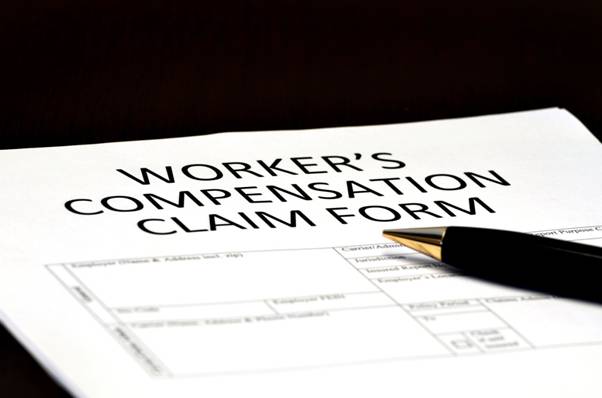3 Things You Need To Know About Workers’ Comp Claim Forms

Did you know that in 2018 there were over 2 million nonfatal workplace injuries? If you recently experienced an injury at work and are trying to navigate the workers comp world, you are in the right place. We have put together this short guide to share more about filing a workers comp claim.
Keep reading to learn the ins and outs of filling out workers comp claim forms and how to file a workers comp claim.
1. Report Your Injury
If you haven’t done so yet, make sure you report the injury you suffered. Reporting the injury as soon as possible is key and some states have deadlines for reporting injuries. Some states allow a year or more and some only have a 30-day window.
In some states, you also have to seek non-emergency treatment from a medical provider in order to qualify for benefits. Once the injury is reported the employer has to send in the claim form and all of the supporting documents to the worker’s comp insurance carrier.
2. Seek Medical Attention
The best way to build and prove your case is by receiving the necessary treatment. You want to seek a medical evaluation as soon as you can because a professional can help you figure out how bad your injury was and if it will affect your ability to perform your normal work duties.
3. Find a Reputable Attorney
Although you can do everything yourself from filing a claim to representing yourself, we highly recommend hiring an expert attorney that is well versed with workers comp cases. You can look at some tips from this site to determine whether you should hire a lawyer for your case.
An attorney can also help you in the event that your case is denied. They will help you prove your case and gather the appropriate evidence to ensure you do not get the short end of the stick. The great thing about hiring a lawyer is that they will not usually cost you anything upfront.
Most attorneys that practice in this area of the law only get paid if they win your case. This means that the more you get paid for your injuries the more they receive because they get paid a percentage of the amount you are awarded for your injuries.
What Is Not Covered by Worker’s Comp?
There are a few things that typically are not covered by worker’s compensation. One of these includes psychiatric injuries or stress. They also will not cover any injuries that were self-inflicted even if it happens during your work hours. If you are injured commuting to and from work you will not be covered either.
Feeling Like a Workers Comp Claim Forms Pro?
We hope that now that you learned more about filing a workers comp claim and about workers comp claim forms, you are feeling more knowledgeable and confident moving forward with your worker’s comp claim.
Did our blog post help you? Feel free to keep browsing for more tips.











